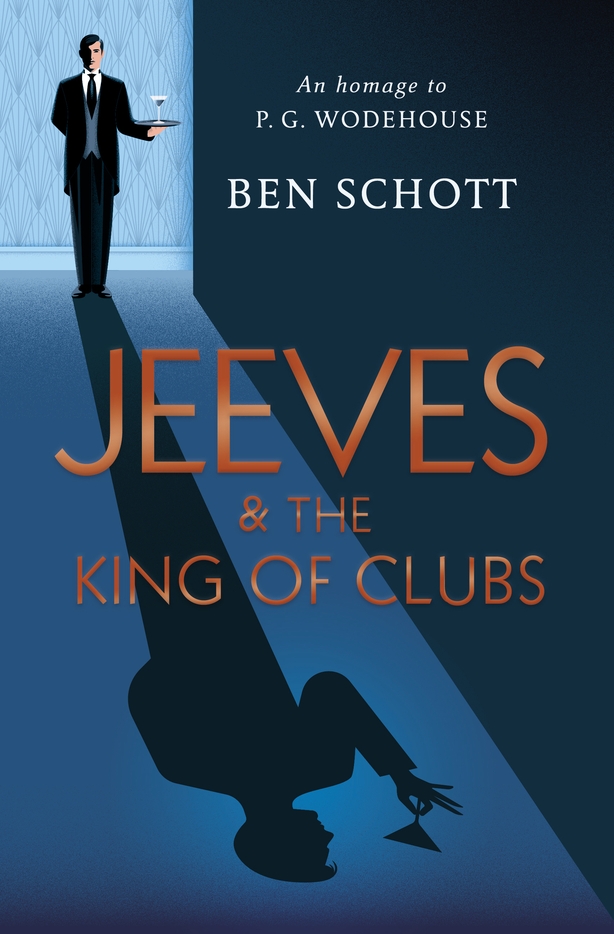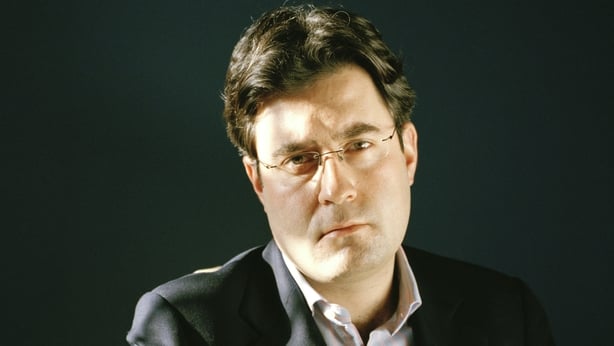Ben Schott, of Schott's Miscellany fame, has risen to the challenge of writing in the style of PG Wodehouse with, er, spiffing aplomb.
Jeeves and Wooster, for anybody under 30 reading here, are Wodehouse's best-known creations. For the otherwise uninitiated, Jeeves is the very English butler and Bertie Wooster is his gormless, slightly witless employer. Bertie is umbilically tied to his employee, though he mightn’t quite put it like that, even if he has gotten out of many a scrape through the help of his astutely watchful and ever-discreet personal gentleman.
Typically, the pair are obliged to leave the London townhouse to negotiate - or indeed perpetrate elements of - the fall-out from convoluted misunderstandings involving, love, cash loans, priceless antiques, prize pigs, fond paintings. These scenes usually take place on a far-spreading and sylvan country estate, with forays back and forth to London to remedy matters, or if not mess them up further. Typically, such misadventures involve Bertie’s incorrigible aunts, a couple of girls - ingénue, steely determined, or otherwise – plus the statutory self-regarding pompous prig, invariably in competition with a decent skin - usually a pal of Bertie's - for the favour of such young dames.
Ben Schott, best known for his assemblages of fascinating trivia in his Schott's Miscellany series, has risen to the Wodehouse challenge with the required fidelity to the popular, nay, revered novels. He has oiled well the cogwheels of an intricate plot, and calibrated excellently the sparky verbal exchanges - one false note and you’ve ruined it, but Schott’s literary mimicry in the matter of dialogue is pretty remarkable. Born in London in 1974, the authorial mime artist graduated from Cambridge in 1996, gaining a double First. So he's a smart lad. Following a brief ‘career’ in advertising - as his website wryly frames it - the author worked as a freelance portrait photographer during his twenties.

Schott is not the first to tackle the mountain. Another fictional homage to the great stylist, Jeeves and the Wedding Bells was published in 2014, from the pen of another British novelist, the rather more well-known Sebastian Faulks.
Faulks seemed to have gotten away with it, though no doubt there were quibbles - you’ve got to be very careful with such venerable institutions which amount to English literary heritage, as thousands of readers around the globe might be offended. There have been adaptations for the screen - one recalls David Hemmings as Wooster before Hugh Laurie took the role in a popular TV series of Wodehouse adaptations some 25 years ago, in which Stephen Fry played Jeeves. They too got away with it, though no doubt there were anxious moments for the producers in advance of critical assessments.

Schott's 300-page story is set in a 1930s Blighty, in which the malevolent Black Shirt, Roderick Spode – a Wodehouse stalwart - is flirting with foreign agents. Treason is afoot, and Jeeves and Wooster are pressed into service by a government man to keep tabs on Spode and the somewhat odious individual who may be his accomplice in the matter of passport forgery. Meanwhile, there are popular London clubs to be barred from and hopefully to be joined, while romantic loose ends are tied up - the road to true love may be paved with good intentions but it’s never so simple. Madeline Basset, Aunt Dahlia and Uncle Tom, all of whom feature in the Wodehouse canon, are also present and correct and virtually unrecognisable from their original incarnations.
`Plum’ - Wodehouse’s affectionate nickname - would have approved.







